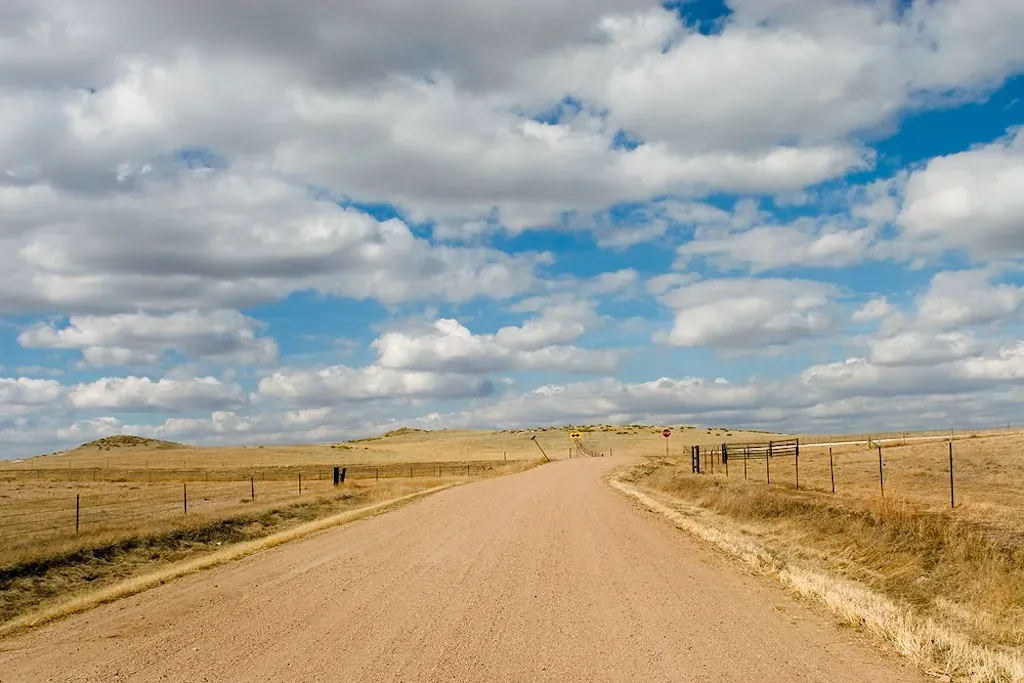Kansas Begins BEAD Challenge Process
The state is processing claims of incorrect broadband data ahead of funding infrastructure with its $451 million allocation.
Jake Neenan

WASHINGTON, December 18, 2023 – Kansas kicked off its BEAD challenge process on Friday, becoming the third state in the nation to start refining broadband coverage data for the program.
The Infrastructure, Investment and Jobs Act’s Broadband Equity, Access and Deployment program allocates $42.5 billion among states and territories to fund
broadband infrastructure in areas that lack adequate connectivity. Both are in the process of refining and submitting initial proposals for implementing the program, due to the Commerce Department by December 27.
The state’s challenge process can begin because the Commerce Department approved the first volume of its proposal, which details how Kansas will accept and process claims of incorrect broadband coverage data before funding projects with its $451 million BEAD allocation. Louisiana and Virginia received their approvals earlier this fall.
That’s a mandatory first step states and territories must take before awarding grants under the program. The Federal Communications Commission’s coverage map, which has an ongoing challenge process of its own, was used to determine relative need and allocate program funds, but is not considered accurate enough to determine which individual homes and businesses lack broadband.
Like all other states, Kansas adopted a model challenge process from the National Telecommunications and Information Administration, the Commerce agency tasked with handling BEAD.
Challenges can allege that current data on things like the internet speed, technology type, latency, and data caps available at a location is inaccurate. They can only be submitted by nonprofits, municipal governments, and internet service providers, meaning eligible challengers must source evidence of these inaccuracies from their communities or, in the case of providers, internal plans and network management systems.
That evidence can broadly come in the form of provider documents or communications with information on service and equipment or, in the case of latency, speed tests showing an excessive delay in network communications.
Kansas is making some changes to that baseline procedure with optional provisions the NTIA laid out. The state is marking all locations served only by copper DSL as “underserved,” and thus eligible to get BEAD-funded infrastructure, in an effort to phase out older technology for the fiber cable favored by BEAD. More than 30 states are planning on doing the same, according to their draft proposals.
The state is also allowing area challenges and MDU, or multiple dwelling unit, challenges. Under these rules, if six locations in a census block group or 10 percent of the units in an apartment building challenge the same provider’s technology or coverage, the provider must provide evidence that they serve the entire block group or building as reported in government data. These two options also proved popular among states, with only 7 opting out.
Eligible organizations will be able to submit challenges to the Kansas Office of Broadband Development until January 14. The full process is slated to wrap up in February, with a 14 day window for providers to rebut challenges and a 30 window for the state to review evidence and make a final determination.
With the challenge process done, Kansas will be able to begin selecting BEAD subgrantees after volume two of its initial proposal is approved by the NTIA.









Member discussion